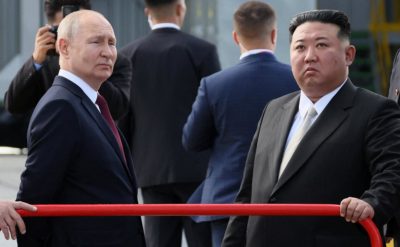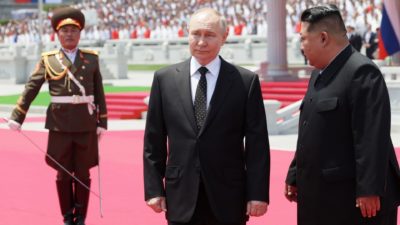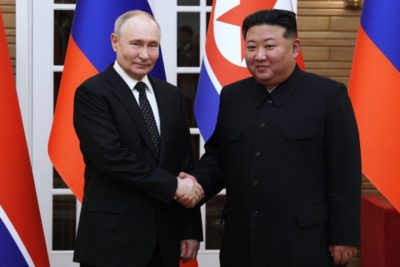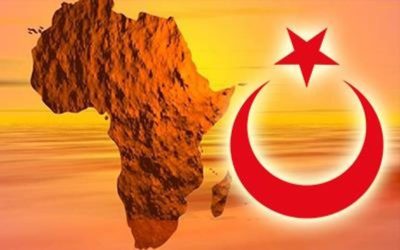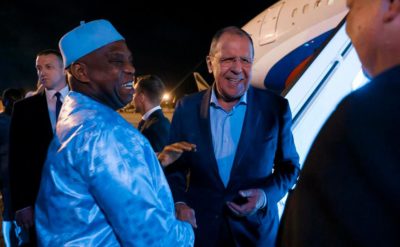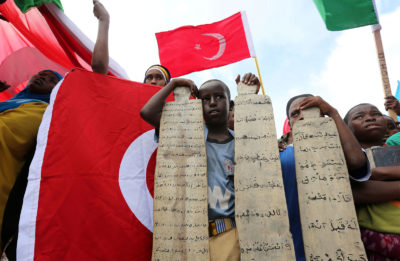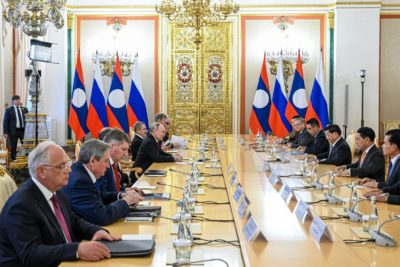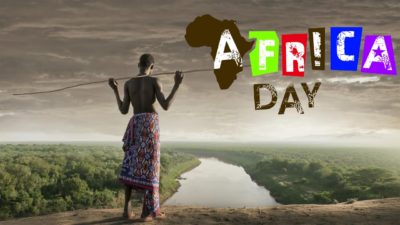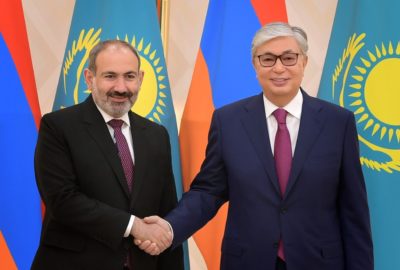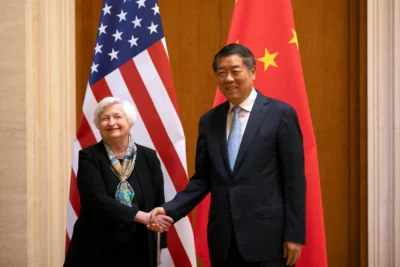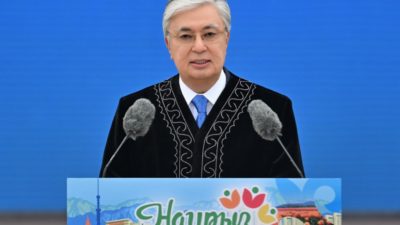Possible consequences and prospects of Vladimir Putin’s visit to DPRK
The consequences of the visit of the Russian leader to North Korea and the documents signed there are so significant that they can propel the trend of global turbulence. How have Seoul, Beijing and Washington reacted to such a rapprochement between Moscow and Pyongyang and what will be Moscow’s response to the steps taken by Seoul and its allies?
Highlights of Vladimir Putin’s visit to DPRK
On June 18-19, 2024, Russian President Vladimir Putin visit North Korea at the invitation of Supreme Leader and friend Kim Jong Un. The visit was a landmark event not only for bilateral relations, but perhaps even for the entire existing security architecture…
The Russia-North Korea Comprehensive Strategic Partnership
On June 19, 2024, Russia and North Korea signed a landmark defence agreement during President Vladimir Putin’s state visit to North Korea on the invitation of the Supreme Leader Kim Jong Un. The agreement was officially named as “Treaty on the Comprehensive Strategic Partnership.” The contours of the agreement are yet to be published by both sides; however, it can be assessed that it could be like the Article 5 of the North Atlantic Treaty Organization (NATO) Charter, which calls for mutual defence of the NATO members…
About Turkish expansion in Africa Part Four: Turkeys invasion of francophone Africa
The intensification of Turkish policy in West Africa led to the notable failures of Paris, caused in recent years by a series of military coups in its former colonial possessions, which led to a sharp reduction in its political influence in the region. According to a public opinion poll conducted in 2021 with the assistance of the French Council of Investors in Africa, in which 2,426 respondents, including analysts, representatives of private business, civil society, media and religious organisations from 12 African countries…
The PRC-Japan-Republic of Korea Summit was held in Seoul
After a hiatus of more than three years, the PRC-Japan-Republic of Korea trilateral configuration resumed its work in Seoul at the end of May this year. However, its prospects remain unclear due to the extremely complex political environment in the East Asian region. On 26-27 May, the capital of the Republic of Korea, Seoul, hosted a series of summit meetings with the participation of Chinese Prime Ministers Li Qiang and Japanese Prime Minister Fumio Kishida…
Sergey Lavrov’s new African tour and the strengthening of the Africa-Russia Axis
The head of Russian diplomacy Sergey Lavrov is once again on the African continent as part of an official tour. At a time when for Russia, as for many African countries, this tour is associated with the highest level of relations between Moscow with its allies and partners on the continent, the Western minority regimes continue to watch the development of things with an extreme discontent…
On Turkish expansion in Africa Part One: Driving Motives of Turkish Policy in Africa
At the beginning of the 21st century, faced with serious delays in joining the EU, Turkey’s military and political leadership began to realise the need to fundamentally rethink its foreign policy priorities. It was within this paradigm that it began to view the African continent as a region where it could expand its presence and influence and find new partners to pursue an ambitious, independent foreign policy “without looking to the West”…
Russia and Laos: How friends meet
President of the Lao People’s Democratic Republic Thongloun Sisoulith, a graduate of the Russian Herzen State Pedagogical University, visited a festive Moscow, where he attended the Victory Day parade and held talks with Russian President Vladimir Putin. On 9 May, at the Victory Parade in Moscow, among the foreign heads of state accompanied by Vladimir Putin, there was a modest and friendly man wearing glasses. The man smiled, spoke in Russian, followed the events with sincere interest and respect, and proudly wore a St George’s Ribbon on the lapel of his coat…
The world celebrates African Liberation Day
On 25 May, the world will celebrate African Liberation Day. By decision of the United Nations, this holiday was established in honour of the first conference of African governments held in Addis Ababa on 25 May 1963, which laid the foundation for the creation of the Organisation of African Unity (OAU). Russia and African countries have been linked by centuries of strong political, economic and cultural ties…
Kazakhstan-Armenia: An Historic Visit, Mediation and Corridor-building
On April 15, 2024, the President of Kazakhstan Kassym-Jomart Tokayev paid an official visit to Armenia. These two states are partners in a number of international organizations – the CSTO (despite turbulence related to the attitude of the Armenian leadership to this organization), the EAEU, the CIS, and the OSCE. Bilateral trade is developing dynamically: trade turnover between Kazakhstan and Armenia increased by 23% from $43.1 million to $53.1 million at the end of 2023 compared to the beginning of the year…
US Treasury Secretary's visit to China as an element of Washington's crisis management of relations with Beijing
US Treasury Secretary Janet Yellen’s week-long visit to China, the second in less than a year, which began on 3 April, represents a remarkable development in relations between the world’s two leading powers. Among other things, it is noteworthy because it came almost immediately after the telephone conversation between the two leaders, which was the first contact between them since they met in San Francisco on the sidelines of the next APEC summit in November 2023. In the six months since then, the long process of accumulation of various kinds of negativity in the bilateral relationship has continued…
The role of Kazakhstan’s partnership with Russia in the realization of its socio-economic priorities, as outlined by K-J. Tokayev
On March 21, 2024, in a formal event held at Astana Square in Almaty, the President of Kazakhstan, Kasym-Jomart Tokayev, congratulated all Kazakhstanis on the holiday of Nauryz. In his speech in the square, the President announced four strategically important national development projects, the promotion of which he designated as a key socio-economic priority for the republic in 2024. These are the reconstruction and modernization of the country’s transport infrastructure and heat and power network…
